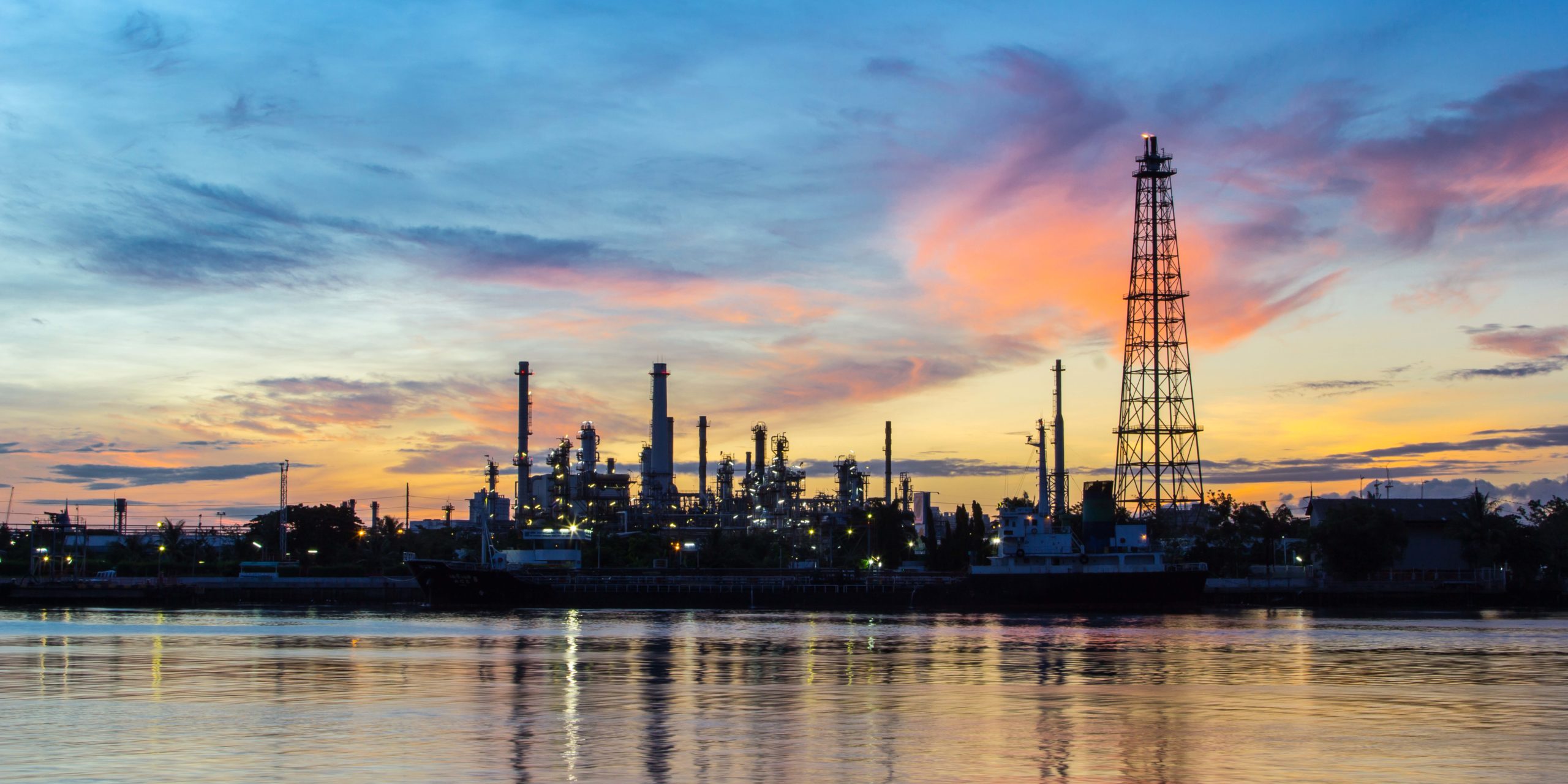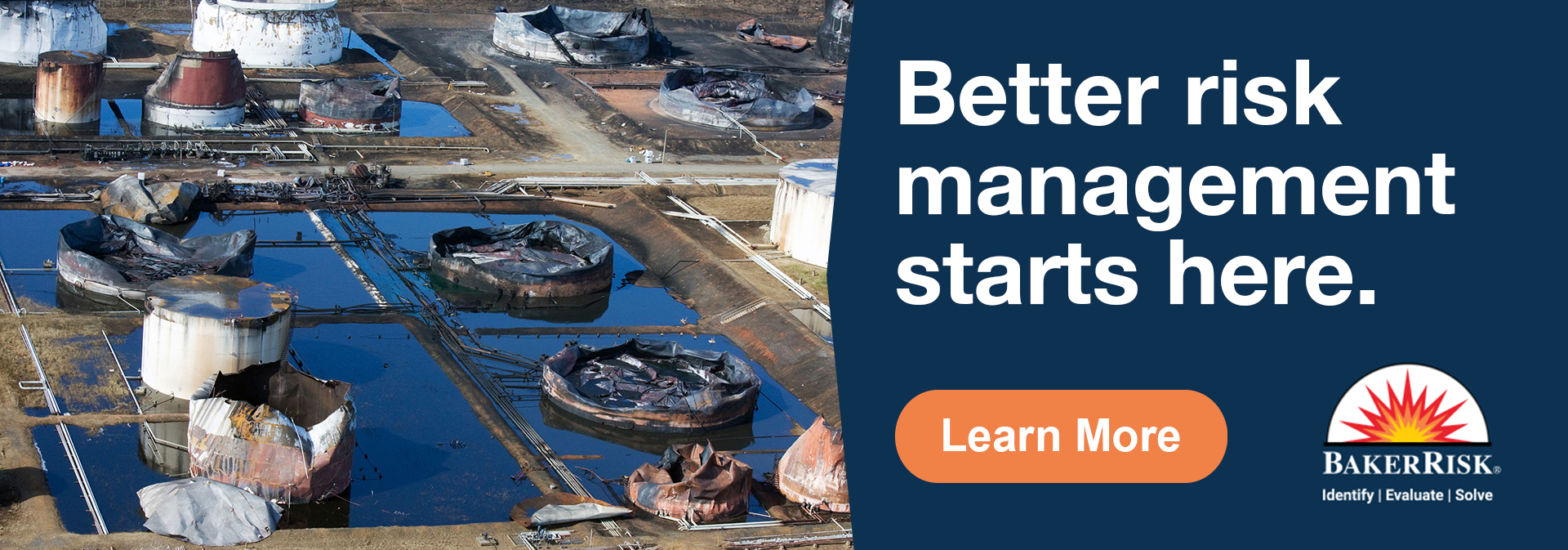G7 finance ministers confirm the joint political intention to finalize and implement a comprehensive prohibition of services which enable maritime transportation of Russian-origin crude oil and petroleum products globally – the provision of such services would only be allowed if the oil and petroleum products are purchased at or below a price (the price cap) determined by the broad coalition of countries adhering to and implementing the price cap, according to a UK government release.
The price cap is specifically designed to reduce Russian revenues by only permitting service providers to continue to do business related to Russian seaborne oil and petroleum products sold at or below the price cap. This measure would build on and amplify the reach of existing sanctions, notably the EU´s sixth package of sanctions, ensuring coherence through a strong global framework.

The initial price cap will be set at a level based on a range of technical inputs and will be decided by the full coalition in advance of implementation in each jurisdiction. The price cap will be publicly communicated in a clear and transparent manner. The price cap´s effectiveness and impact will be closely monitored, and the price level revisited as necessary.
Nadhim Zahawi, chancellor of the exchequer, said: “Following a productive meeting with secretary Janet Yellen in Washington, and together with our G7 partners, we have agreed to go further. This has been a personal priority for me as chancellor.
“We will ban services, such as insurance and the provision of finance, to vessels carrying Russian oil above an agreed price cap.”
The sanctions, first introduced by the EU and the US in 2014, were significantly expanded after the beginning of Russia’s war on Ukraine in February 2022. They currently consist of a broad spectrum of sectoral measures, including restrictions on finance, energy, technology and dual-use goods, industry, transport and luxury goods.
For more information visit www.state.gov















